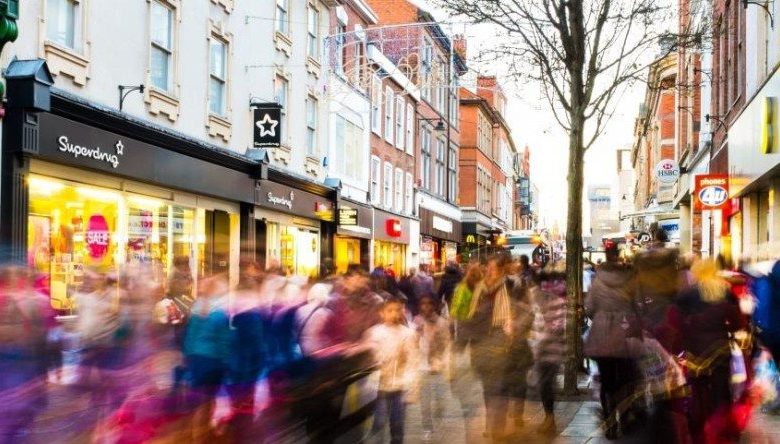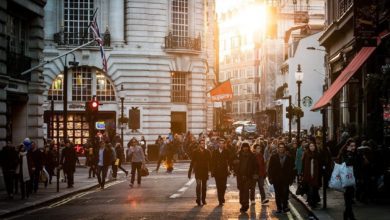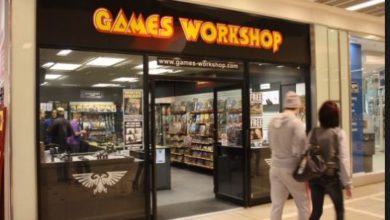Coronavirus and the Retail Property Sector

Register to get 1 free article
Reveal the article below by registering for our email newsletter.
Want unlimited access? View Plans
Already have an account? Sign in
Coronavirus continues to spread across the world and many countries have now established strict social distancing measures to halt its transmission. This includes government requirements in the UK that all non-essential businesses close their doors for the foreseeable future. While the effects of the virus can be felt in every industry, the challenges faced by retail and hospitality are distinct.
The lockdown is unlikely to lift any time soon so it’s difficult to imagine what might happen in the retail sector during this unprecedented time and what may happen after, but by looking at the stories already emerging, ways businesses are innovating and strategies being employed to drive positive change, we can make some assumptions of how coronavirus will change the face of retail property for good.
What’s already happened
Despite being named essential workers by the government, a number of major restaurant chains in the UK have closed all stores in order to protect their staff and customers. This includes Burger King, who have closed 500+ stores and Yo! Sushi, who have stopped at serving at more than 50 of their locations. Yo! Sushi chief executive Richard Hodgson described non-payment of rent as “a basic piece of economics”, but for many SME owners, this could mean the end of their business.
Because of this, companies across the board have been creating alternative products to keep their customer base engaged. From online personal trainer sessions to delivery nail care kits from salons, businesses are having to innovate at a dramatic pace to keep themselves afloat and shifting us further towards an online and delivery-focused model.
What is the workplace?
The most significant impact coronavirus has had is in dissolving the boundaries of the workplace. Everyone from office workers to teachers is now being asked to work from home and all manner of businesses are doing what they can from their homes in order to avoid public places as much as possible. As small business owners find that there are ways they can continue operating their business from home, the long-lasting effect could be that even more retailers shun the physical store altogether.
There are some who note that coronavirus is already leading to further ‘Amazonification’ of retail. The online megastore is seeing more delivery orders than ever before to serve those who can’t leave the house and is suitably poised to absorb the customers of traditional shops during this period. If this is the case, the future for physical retailers is undoubtedly rocky, but it also presents a challenge that creative retailers may be able to rise to.
With business owners already identifying creative ways of maintaining their services, necessity has truly been the mother of invention only a few weeks in and so it remains to be seen where enterprises will take their services before the end of the quarantine and how much this will satisfy consumer need both now and in the long run.
Footfall increase after quarantine
On the other hand, the end of the lockdown could cause a swing in the other direction for physical retail. Following an extended quarantine period, consumers may find new value in physical shopping and stores could see a rise on footfall. Since retail footfall has been generally on the decline for some time, this could present a positive opportunity, especially for small businesses.
Additionally, with so many big-name retailers holding off on their rent payment, small business hopefuls may be able to use this to their advantage in the COVID-19 aftermath and secure good rates in empty locations. If this is the case, it may become slightly easier for businesses to establish themselves, helping maintain the commercial property sector and diversify offerings to customers.
This is a dramatic an unforecasted change which has pervaded every part of our everyday lives. The challenges faced by retailers in all sectors will be considerable and no doubt damaging for many businesses. While everyone adapts to working from home and avoiding public places, it’s clear the commercial property sector will see significant changes, for better or worse.
Ben Fielding from RES Property Surveyors, London commercial and residential property consultants.







